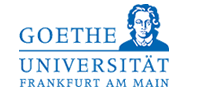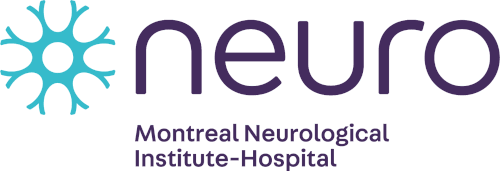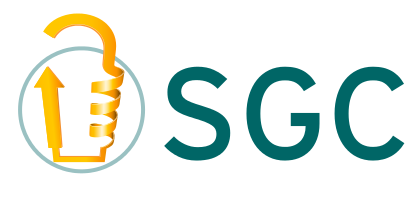 |
 |
 |
 |
 |
 |
An epigenetic mechanism to inhibit inflammation
Researchers from Oxford University, GlaxoSmithKline and Cellzome, as well as Memorial Sloan Kettering Hospital have developed and characterised the first selective inhibitor for a specific class of histone demethylases and demonstrated its utility in inhibiting proinflammatory cytokine production in human macrophages. The work, published online this week in Nature (http://www.ncbi.nlm.nih.gov/pubmed/22842901) describes a molecule (termed GSK-J1) that specifically inhibits so-called Jumonji-type histone lysine demethylases JmjD3 and UTX, a particular group of enzymes that remove specifically an epigenetic chromatin mark on lysine 27 (K27) of histone 3 (H3). “This study is scientifically important in several ways: first, it demonstrates that the Jumonji class of histone demethylases is pharmacologically tractable, and second, that this molecule is an excellent tool to dissect this area of chromatin biology, “ says Professor Udo Oppermann, from the Botnar Research Centre who led the Oxford team, comprising scientists from NDORMS (Nuffield Department of Orthopedics, Rheumatology and Musculoskeletal Sciences), the SGC (Structural Genomics Consortium) and the Department of Chemistry.
The molecule, discovered by a team of GSK scientists led by chemist David Wilson, and by lead biologist Laurens Kruidenier was determined to increase methylation levels at lysine 27 of histone 3 in cells. This chromatin modification is an inhibitory mark in regulating gene transcription in many cell types by allowing binding of the Polycomb repressive complex. In macrophages derived from healthy volunteers as well as rheumatoid arthritis patients GSK-J1 inhibits the production and release of inflammatory cytokines such as tumor necrosis factor (TNF) and hence represents a novel way to inhibit destructive cytokine production in inflammatory disorders. GSK-J1 is available to researchers who wish to investigate chromatin biology (http://www.thesgc.org/scientists/chemical_probes/GSKJ1).
“The study is testament to GSK’s ongoing commitment to public private partnerships such as the SGC who aim to rapidly develop and validate epigenetic targets in disease” (http://www.thesgc.org/chemical_probes/), says Dr Rab Prinjha, head of GSK’s epigenetics discovery performance unit EpiNova, where GSK-J1 was developed. “We are excited to collaborate with excellent academic institutions to promote leading drug discovery and epigenetics chemical biology.” ”Epigenetic drug discovery in inflammation is in its infancy but nevertheless is an exciting new field in inflammatory diseases such as rheumatoid arthritis, “ adds Professor Sir Marc Feldmann, Director of the Kennedy Institute of Rheumatology in Oxford, “and without doubt we will witness rapid progress in this field in the foreseeable future and will hopefully be able to translate this into new treatment concepts. The current study highlights Oxford’s abilities to rapidly generate novel therapeutic hypotheses and the appropriate compounds to test them”.
